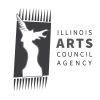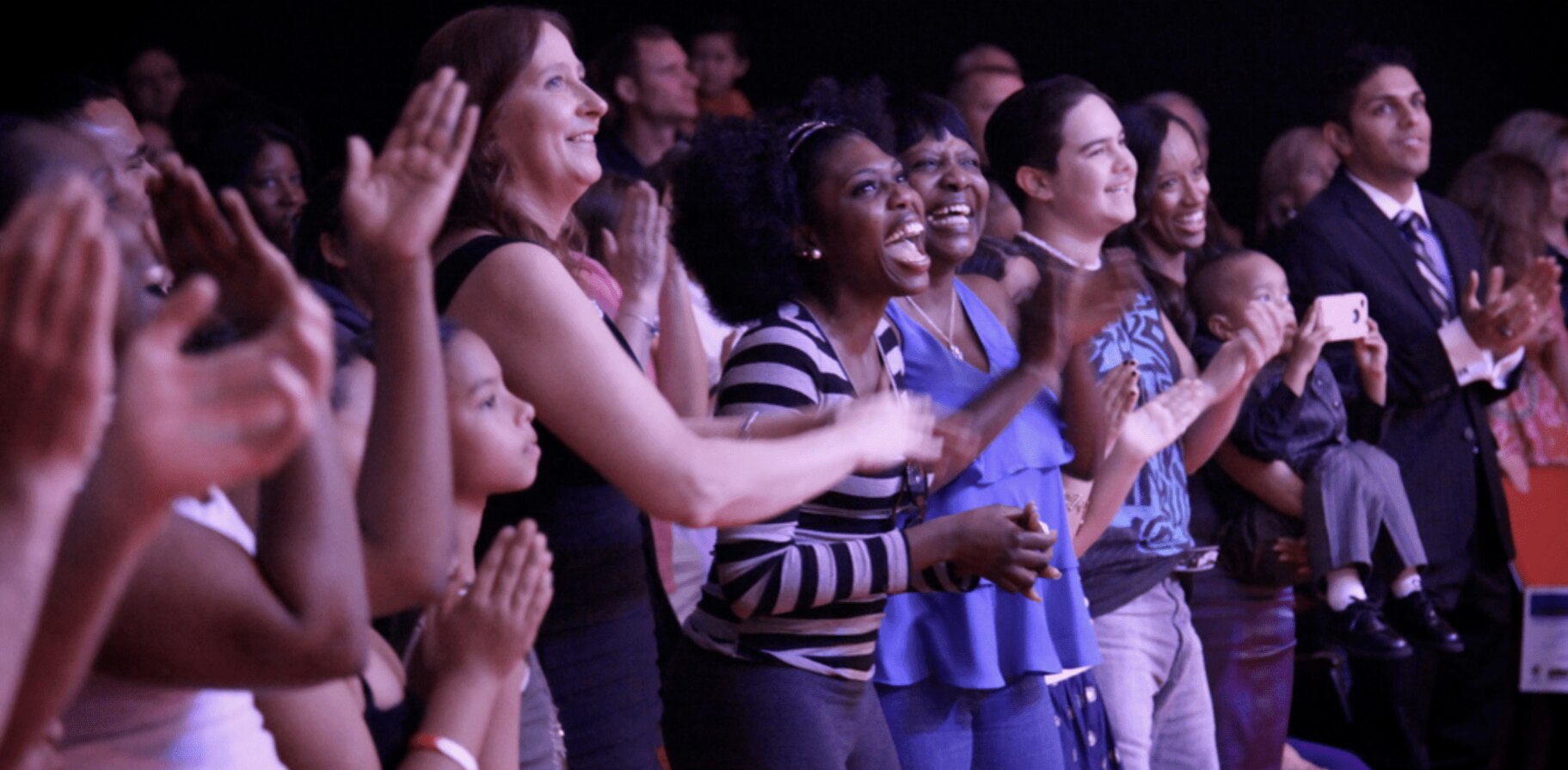
Introducing the Pocket Philharmonic
The Pocket Philharmonic was born of a desire to spark lasting interest in classical music in communities outside of our traditional sphere. Community engagement with classical music has been shown to be most effective when musicians themselves serve as advocates for the music they play. The Pocket Philharmonic is a new performance initiative being launched by Guarneri Hall NFP to build direct connections between musicians and audiences and to encourage nontraditional communities to adopt the classical experience as their own.
Great Repertoire, Big Challenges
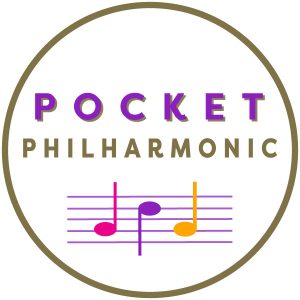
As great as the symphonic repertoire is, and as thrilling as an orchestral concert can be, the symphony orchestra itself is a challenging vehicle for community engagement. While a “big event” can make a strong impression, concerts in large venues bypass the opportunity for meaningful dialogue between listeners and performers. This makes it difficult to build lasting connections between musicians and newer audiences.
The expense and logistical demands of traditional symphony orchestra events create additional challenges. Symphonic events are costly to produce, given the number of musicians and support staff who need to be paid. This makes repeat performances financially unsustainable. And because it is usually impractical to bring a symphony to an audience, audiences must travel out of their familiar surroundings to an unfamiliar performance venue. As a result, these events don’t “belong” to the communities served but rather reinforce the notion that the classical music world lives outside of those communities.
Therefore, it’s not surprising that symphony orchestra community engagement events have historically only been minimally effective at recruiting people from nontraditional communities into lifelong classical music listeners.
Meeting Audiences Where They Are
The Pocket Philharmonic has been designed to address these problems by engaging with Chicago listeners in their own neighborhoods, schools, and community centers in ways that foster a greater sense of relevance and fandom for classical music in those communities.
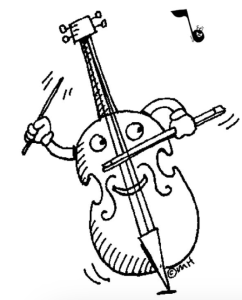
The Pocket Philharmonic is portable, requires no special venue, and is relatively economical to present. The Pocket Philharmonic achieves this by performing skillfully crafted arrangements of notable symphonic works scaled to a chamber-sized ensemble of musicians, making the repertoire accessible to communities where it’s not traditionally heard. This makes possible the kind of repeat intimate performances that can facilitate dialogue and foster personal connections between performers and audiences. Pre-performance site visits bring musicians into contact with audience members in advance of the events, and post-performance follow-ups sustain those relationships and foster a sense of belonging in new listeners. This direct personal contact and reinforcement gives new audiences a sense of ownership over the performances and the music.
Prioritizing Diversity
The “Pocket Phil” prioritizes diversity, equity, and inclusion through the varied backgrounds of its members, all of whom are working professional musicians. This broad representation is in line with models for culturally responsive teaching that encourage audiences to adopt the content presented as part of their own experience.
Getting Something Started
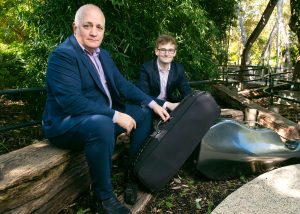
The “Pocket Phil” is intended as a precursor to instrumental training for young people. As it evolves, the “Pocket Phil” will actively encourage younger listeners to pursue the study of instruments. In communities where the “Pocket Phil” is successfully adopted, follow-up programs will make low cost instrumental study available to young people. Studies have linked childhood music training to improved cognitive abilities, vocabulary, and rhythm perception linked to reading skills and other benefits. These benefits have been show to lead to positive outcomes for lifetime learning and success in young people.
Improving Quality of Life
Promising early studies suggest that music engagement programs have a positive effect on seniors facing mental health challenges such as Alzheimer’s and dementia, helping to improve quality of life by reducing symptoms of depression, anxiety, and agitation. Other findings suggest music can serve as a bridge between those afflicted with Alzheimer’s or dementia and the family members and caregivers around them. The portability of the “Pocket Phil” positions it to serve these communities, sometimes in unorthodox locations.
The Pocket Philharmonic will officially launch on January 19th, at 10:30 AM, with a free event at the Old Town School of Folk Music’s Szold Hall in Chicago. The hour-long program will feature Prokofiev’s War and Peace Overture and Johannes Brahms’ Double Concerto in A minor, Op. 102, performed by an 8-piece string ensemble with the father-son duo of Stefan Hersh (violin) and Alex Hersh (cello) as soloists. The program will also include an interactive conversation between the artists and the audience.
Free tickets are available by RSVP at the Old Town School. The event will be held at Szold Hall, 4545 N Lincoln Ave, Chicago, IL 60625.
Want to help support this initiative? Donate to the Pocket Philharmonic.

